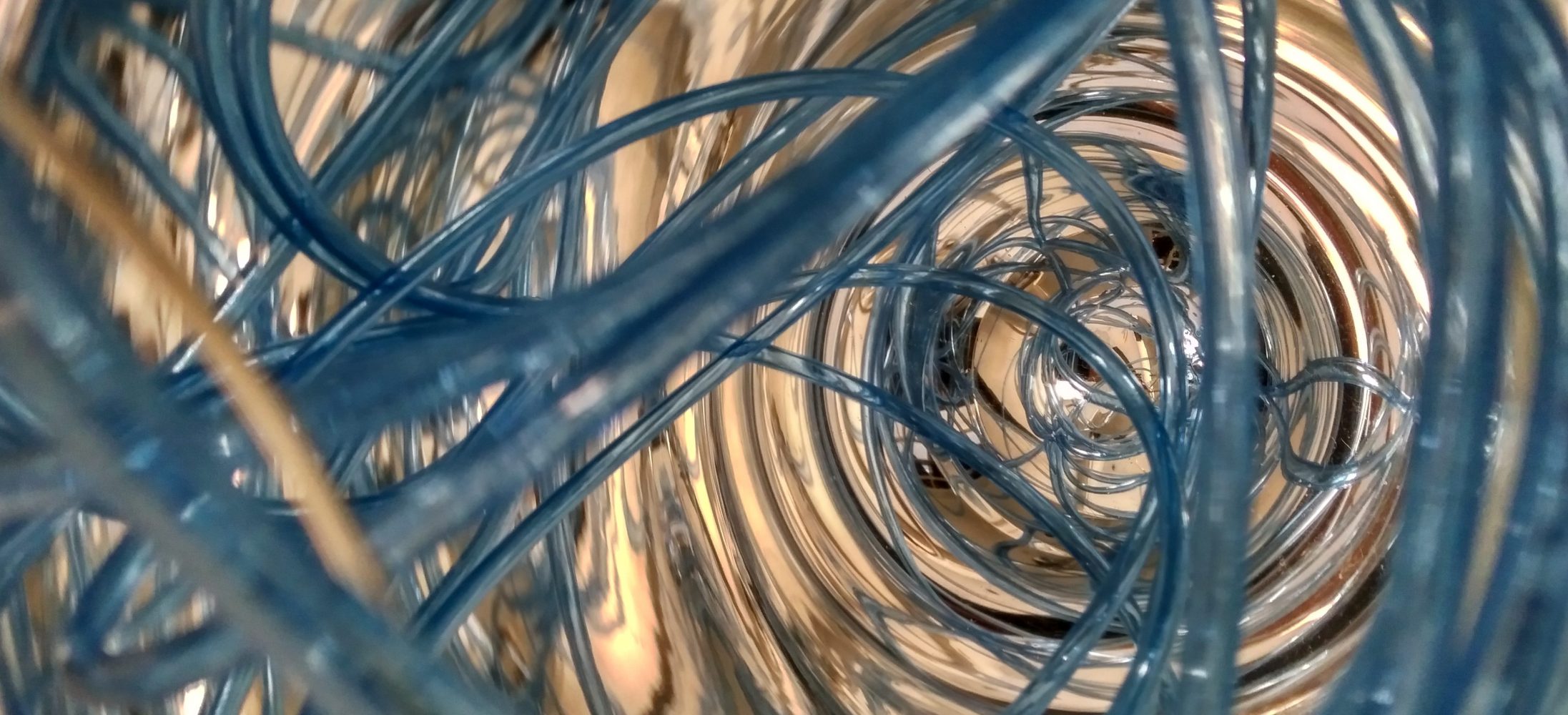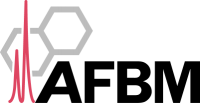
In addition to the data provided in the Excel files, chromatograms can be provided on demand.
An extra charge is applies based on time spent to prepare those additional data.
The quantified data will normally be submitted electronically by email as Excel files.
Data will be expressed and normalized (if requested) according to your request in the iLab sample submission form (per volume, weight or mg of protein).
*Please note – protein quantification assays are an additional fee.
Turnaround time is dependent on the work queue and complexity of the work request.
The facility operates on a first come first served basis. For routine extractions/analysis, the turnaround time should be between two to four weeks from completion of the following:
- QReserve submission completed; and
- samples delivered to the AFBM.
For new projects requesting method development, extraction, and analysis, the turnaround could take between three to six months depending on the complexity of the assay to develop.
There may be an additional fee for rush service.
The amount of sample required depends on the specific assay and the type of matrix. Please contact us to know how much sample is needed.
Test samples will be appreciated for matrices that have not been tested with the panel being requested.
No, results provided by the AFBM are generated in a research lab that is not an accredited or licensed clinical laboratory. The results are provided for research purposes only. The analysis will not be performed (and the results will not be provided) for the purposes of obtaining information for diagnosis, prophylaxis or treatment.
The AFBM normally neither requires nor requests co-authorship on studies using data generated solely on a fee-for-service basis by our facilities. In cases where significant intellectual contributions have been made, co-authorship may be appropriate, following usually-accepted scientific practice.
However, in order to satisfy reporting requirements of our funding partners, and to monitor our scientific impact, we require that customers acknowledge work performed by the AFBM. This can be done in either or both of the following ways:
- In the acknowledgements section of peer-reviewed publications, when AFBM personnel have been especially helpful (in study design, data interpretation, or technology selection), and where the author(s) feel that it is warranted, the following sentence should be incorporated: The authors wish to thank [name of AFBM employee(s) and/or director(s)] of The Analytical Facility for Bioactive Molecules, The Hospital for Sick Children, Toronto, Canada for assistance with [activities or services performed].
- In the body text of peer-reviewed publications (for example, in Methods and Materials or Results sections), when the AFBM has provided a service, the following language should be used: [Service] was performed by The Analytical Facility for Bioactive Molecules, The Hospital for Sick Children, Toronto, Canada.
We would appreciate a reprint of your publication.
The AFBM operates on a fee-for-service basis working towards cost recovery for all aspects of the business.
Prices for analysis are tiered for internal clients, external academic clients, and external non-academic clients.
We do offer a bulk discount for large sample numbers. Please contact us for further details.
Method development is priced separately. Once a method has been developed, a per sample cost for batches of samples >20 will be provided.
For grant application purposes, a range for an estimated per sample cost will be given.
You can send your samples Mondays or Tuesdays by priority overnight courier on dry ice (please provide sufficient dry ice in case of delay/problem with the delivery). Please include a paper copy of the samples contained within.
Our shipping address is:
Attn: AFBM, Room 09.9430
Peter Gilgan Centre for Research and Learning (PGCRL)
The Hospital for Sick Children
72 Elm Street
Toronto, ON M5G 1H3
Please send us an email the day you send your samples to our facility (with courier company name and tracking number). Upon delivery of your samples to our facility, they will be transferred at -80°C and we will send you an email to let you know about the receipt of your samples.
If you are from SickKids or working in an institution close to SickKids, you can bring your samples to our facility on dry ice or ice.
We are located on the 9th floor, Room 09.9430 at the Peter Gilgan Centre for Research and Learning (PGCRL).
The facility is open Monday to Friday from 9 a.m. to 5 p.m.
Note: If you are coming from an outside institution, you will be required to check in at the front security desk. Please bring I.D.
PLEASE CONTACT US TO SCHEDULE A TIME TO DROP-OFF SAMPLES.
Please submit your samples:
- In polypropylene microcentrifuge tubes (1.5 or 2 mL Eppendorf tubes or Falcon tubes for larger samples, please avoid 0.2 mL PCR tubes)
- Clearly labelled with a permanent black marker while tubes are at room temperature or specialized freezer-safe labels.
- Use simple identification codes on the tubes (such as series of sequential numbers) that you can report with the corresponding sample identification when you fill out the sample submission form in QReserve. Samples of human origin MUST be de-identified.
For fluid and tissues, freeze as soon as possible after collection in liquid nitrogen or on dry ice and keep at -80°C until sample shipment.
For cell and media samples, remove media by centrifugation and freeze cell pellets and media separately. On the sample submission form, please indicate the composition of the cell media that you are submitting.
Note: DMSO, high salt concentrations and detergents have poor compatibility with mass spectrometric ionization techniques and the detection of analytes may be suppressed.
If you want your samples to be analyzed for different assays/panels that AFBM offers, please make several aliquots of each sample before freezing.
Any special safety or sample handling precaution that we have to take with your sample must be indicated on the sample submission form.
If you have any concerns or questions regarding sample preparation, please get in touch.
E-mail: afbm.csccd@sickkids.ca
- Internal users are required to provide their cost centres. Work will be billed at the end of the month to the cost centre provided and copies of the invoice will be provided to Principal Investigators for their records.
- External users can pay by cheque, PO, or credit card. Invoices will be sent to Principal Investigators, unless a billing contact is provided.
- PLEASE MAKE CHEQUE PAYABLE TO :
Attn: Research Payments
The Hospital for Sick Children
Peter Gilgan Centre for Research and Learning
686 Bay Street, 3rd Floor, Research Operations
Toronto, Ontario, M5G 0A4
Please note Client ID: #1000000xxx, Invoice: RAFBM000000xxxx on all payments. - For Credit Card payments: The payment link and instructions will be included in the invoice email.
- PLEASE MAKE CHEQUE PAYABLE TO :
Please see our analytes page for all the molecules currently available for analysis. If you don’t see your analyte(s) of interest, please contact us. We will happily meet with you and discuss setting up new methods to meet your analytical needs.
The mass LC/MS/MS systems can analyze molecules up to 2250 Da.
The MALDI-TOF can analyze molecules over a mass range of 50-100,000+ Da
The AFBM can analyze protein biomarkers by ELISA or Luminex multiplex immunoassays. Find a Luminex kit here.
For HPLC and MS: Plasma, serum, cell culture supernatants, bronchoalveolar lavage fluid, cerebrospinal fluid, sputum, or most any kind of cell lysate or tissue can be analyzed. If your sample type has not been assayed before for the analysis you are requesting, there may be method development charges. Please contact us for more details.
For Luminex and ELISA: Plasma, serum, and cell culture supernatant are the most common analytes for the circulating biomarkers kits. Contact the facility for questions about tissue extract. Cell lysate and tissue extract are used for the cell signaling and cell metabolism assays.
Please note that AFBM DOES NOT handle radioactive samples.
Please create a QReserve account here.
- Email Adam or Denis to be added as a user to our QReserve site.
- Navigate in QReserve to our site “AFBM and SPARC BioCentre – Molecular Analysis” and make a service request under Resources.
Each assay runs standard curves for the analytes and some kits provide quality controls. The xPONENT® software will calculate concentration, standard deviation and coefficient of variation (for replicates), and percent recovery of standards. We provide your reports in an excel spreadsheet.

